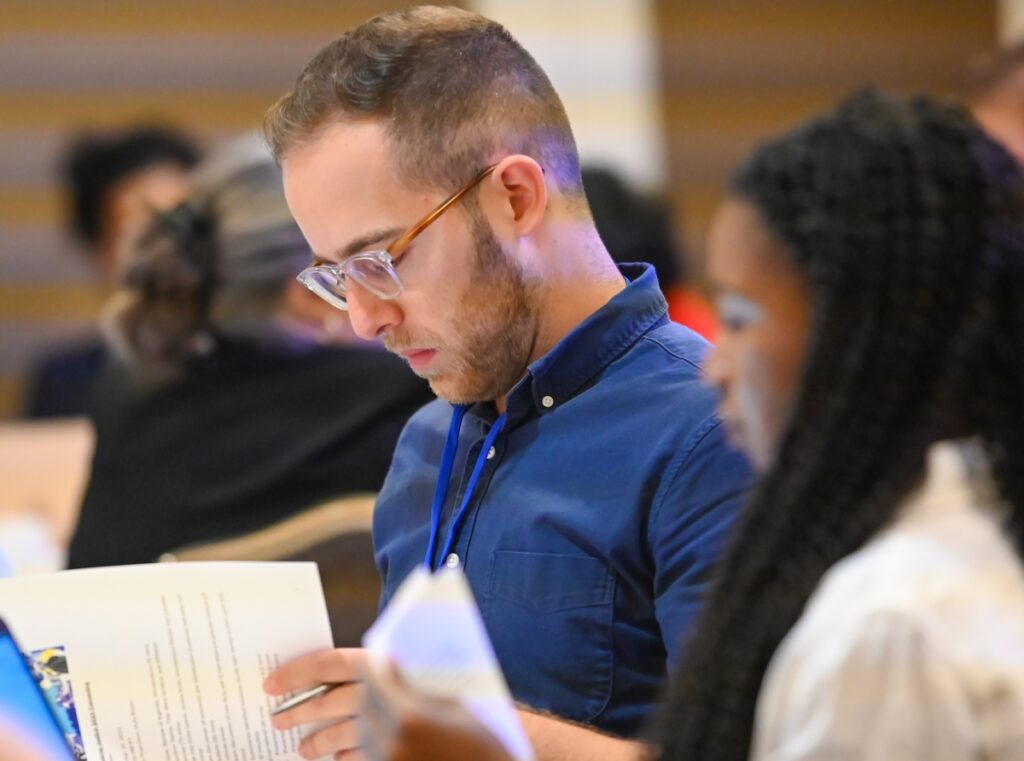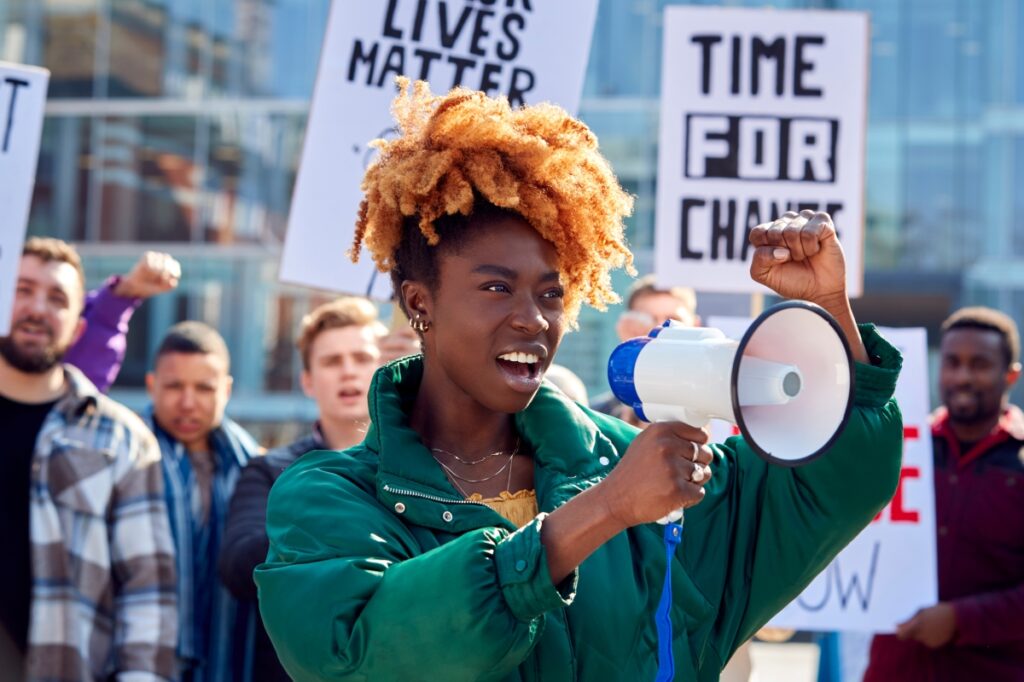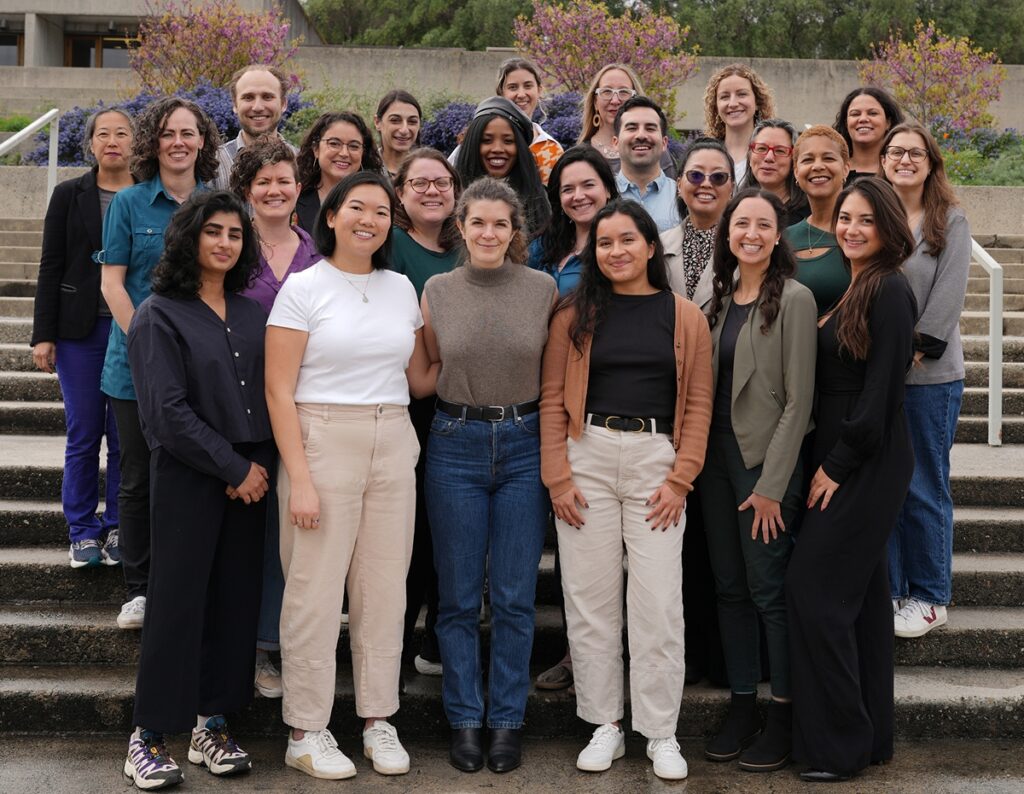- What We do
- Legal Advocacy
- King County v. Turner
King County v. Turner
Five counties and three cities filed a lawsuit challenging the Trump administration’s attempts to put conditions on housing and transit grants already approved by Congress. The lawsuit argues that the administration is attempting to impose its policy preferences on immigration enforcement, diversity, equity and inclusion (DEI) initiatives, gender identity, and abortion access.
The plaintiffs are King, Pierce, and Snohomish counties in Washington state, San Francisco and Santa Clara counties in California, and the cities of Boston, Mass., Columbus, Ohio, and New York City, NY. Public Rights Project is serving as co-counsel on the case.
All of the plaintiffs are challenging certain terms in the U.S Department of Housing and Urban Development’s (HUD) Continuum of Care (CoC) grants. King County is also challenging certain terms for its Department of Transportation’s Transit Authority grants.
The lawsuit argues that the administration’s attempts to impose funding conditions on congressionally approved grants violates the separation of powers principle. We also point to a number of constitutional violations related to the 5th Amendment, 10th Amendment, and Administrative Procedure Act.
As the lawsuit explains, these funding restrictions give the plaintiffs an impossible choice — agree to conditions that don’t serve their communities’ needs or forfeit hundreds of millions of dollars in critical funding. The harm to communities will be immense. For instance, the CoC program funds programs to support individuals and families who are homeless. This includes construction of supportive housing, mental health counseling, and life skills training.
Update:
On May 7, 2025, a judge granted the plaintiffs’ request for a temporary restraining order, preventing the Trump administration from imposing or enforcing grant conditions, rescinding or canceling grants, or requiring certifications for 14 days.
Update:
On May 23, 2025, a federal court granted a second temporary restraining order (TRO), blocking the Trump administration from enforcing extreme requirements that would force local governments to adopt its political agenda in exchange for critical funding. The ruling protects jurisdictions like Columbus, Ohio, which faced a choice: agree with these conditions by May 27 or lose funding.
We filed for this second TRO after submitting an amended complaint adding 23 new plaintiffs — bringing the total to more than 30 cities, counties, and local agencies standing up for constitutional limits. The court had already granted a TRO to the original plaintiffs. This second order extends protection to the new plaintiffs and covers over $4 billion in housing and transportation grants at risk.
On June 3, 2025, the court converted the two TROs into one preliminary injunction order. The decision extends protections against unlawful conditions to all HUD Continuum of Care grants and all Department of Transportation grants for the plaintiffs in the case.
The new preliminary injunction prohibits the agencies from:
- Refusing to process grant agreements where plaintiffs changed or removed conditions already blocked by the court
- Rejecting agreements based on a plaintiff’s participation in the lawsuit
In response to concerns about continued non-compliance, the court also ordered the government to:
- Notify all relevant agency staff of the injunction within two days
- File a public status report documenting actions taken to comply with the order
This is a significant development in the case and a critical step forward in holding federal agencies accountable for their obligations under the law.
Update:
On July 10, 2025, we submitted an amended complaint with 29 new plaintiffs. The case now includes a total of 60 local governments as plaintiffs.
The latest filing expands the case to include grants from the U.S. Department of Health and Human Services. The federal government is now tying funding for essential services — like child welfare, public health, and civil rights programs — to political demands that are harmful and unlawful in many communities. It also expands the case to include all HUD grants, beyond the Continuum of Care program.
With the additional plaintiffs, more than $12 billion in grants is now at stake, threatening funding for affordable housing, public health, transportation, and more.
Read the second amended complaint.
Update:
On July 14, we filed a request for a preliminary injunction, asking the court to extend legal protections to the newly added plaintiffs and grant programs while the case proceeds. If granted, the order would block the Trump administration from imposing extreme requirements on federal grants issued by the U.S. Department of Housing and Urban Development (HUD), the U.S. Department of Transportation(DOT) , and the U.S. Department of Health and Human Services (HHS).
Update:
On August 12, the court issued a preliminary injunction that extends protection to the 29 newly added plaintiffs and expands relief to everyone in the case. This decision stops the Trump administration from adding the politically motivated conditions challenged in the lawsuit to federal grants from the U.S. Department of Housing and Urban Development (HUD) and the U.S. Department of Transportation (DOT), and competitive grants from the U.S. Department of Health and Human Services (HHS). It also prevents the administration from delaying, not issuing, or refusing to process these grants because the plaintiffs are part of the lawsuit.
This is the second preliminary injunction issued in this case. The court pointed out that nearly 100 declarations submitted by local governments showed that losing the funds would cause serious and irreversible harm.
Update:
On Nov. 10, 2025, the coalition submitted an amended complaint with 15 new plaintiffs. The case now includes a total of 75 local governments as plaintiffs.
The complaint explains that the new plaintiffs are facing the same conditions on funding in their HHS, DOT, and HUD grants. Therefore, while the case continues, we are asking the court to extend the previous preliminary injunction to include them, as well as three existing plaintiffs who were not protected under the earlier filing for HHS and HUD grants.
With the additional plaintiffs, more than $1.84 billion in grants is now at stake, including funding for affordable housing, public health, transportation, and more.
Read the third amended complaint.
Update:
On January 21, 2026, the court issued a preliminary injunction that extends protections to the 15 recently added plaintiffs and expands the relief of three existing plaintiffs whose HHS and HUD grants were not previously protected.
The court once again rejected the federal government’s arguments. It ruled that grant recipients shouldn’t be forced to choose between the Trump administration’s interpretation of anti-discrimination laws, especially when coupled with a requirement to certify compliance or face penalties, and the law as determined by what courts have actually ruled.
This is the third preliminary injunction issued in this case.
-
Legal case2/5/2026
United States v. Minnesota
138 cities, counties, and elected officials are pushing back against the Trump administration’s efforts to…
-
Legal case1/23/2026
Minnesota v. Noem
On behalf of over 80 local governments and leaders, Public Rights Project filed an amicus…
-
Legal case1/9/2026
Watson v. Republican National Committee
Public Rights Project filed an amicus brief on behalf of 16 local election officials and…







